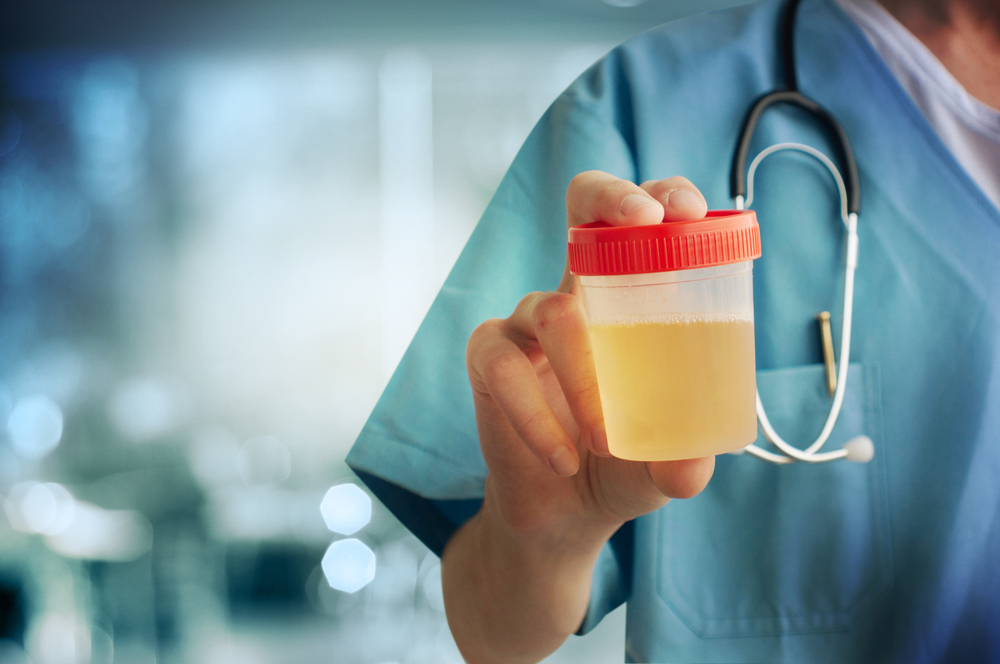Astute Medical, Inc., developer of the NephroCheck Test, will present its latest results at the CHEST Annual Meeting in Montreal, Canada, on October 28, 2015. The presentation will reveal data from a study of two biomarkers, TIMP-2 and IGFBP-7, present in urine and used to identify patients with sepsis for risk of moderate to severe acute kidney injury (AKI), a precursor to kidney failure. Researchers used the company’s NephroCheck Test in their study.
Sepsis is a potentially life-threatening complication resulting from generalized infection, and is a common complication associated with acute kidney failure. “The severe consequences of AKI in septic patients — higher patient morbidity and mortality and increased hospital costs — have driven leading physicians to call for innovative strategies to improve the management of those patients to halt the devastating progression through AKI to kidney failure and death,” said Paul McPherson, Astute’s chief scientific officer, in a recent press release. “We believe the NephroCheck® Test For AKI risk assessment can aid in the management of septic patients, who are susceptible to moderate to severe AKI.”
Dr. H. Bryant Nguyen, MD, MS, vice-chair for research, Department of Medicine, Loma Linda University School of Medicine will present the abstract, entitled “Urinary Tissue Inhibitor of Metalloproteinase-2 and Insulin-like Growth Factor-Binding Protein 7 ([TIMP-2]x[IGFBP7]) Accurately Risk Stratify Acute Kidney Injury in Patients with Sepsis”.
The NephroCheck Test is designed to detect two urinary biomarkers, TIMP-2 and IGFBP-7, which are directly involved in several responses to tissue damage, including inflammation, oxidative stress, ultra-violet radiation, and toxins. These biomarkers are also thought to be involved in cell-cycle arrest during early stages of kidney injury. The test can deliver results as quick as 20 minutes, Astute Medical says, helping health care professionals to assess intensive care patients’ risk of moderate to severe acute kidney injury for the following 12 hours. According to the company, “The test is intended for use along with clinical evaluation, in patients who are over 21 who have or have had acute cardiovascular and/or respiratory compromise in the past 24 hours.”

